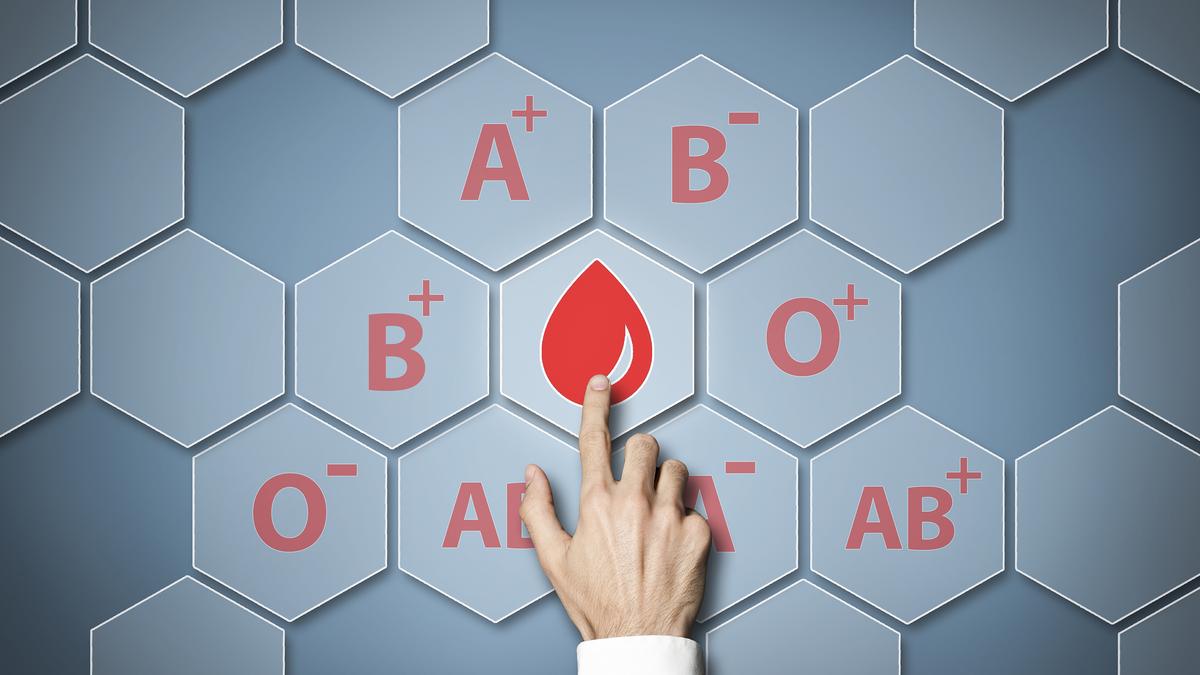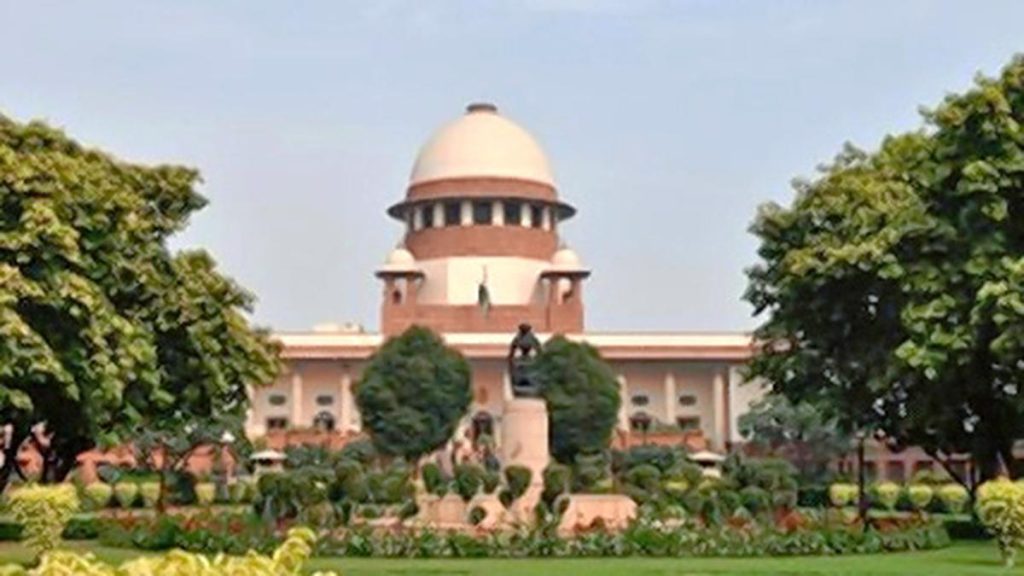Now Reading: Rare Blood Group Unique to India Discovered at Bangalore Blood Centre
-
01
Rare Blood Group Unique to India Discovered at Bangalore Blood Centre
Rare Blood Group Unique to India Discovered at Bangalore Blood Centre

Swift Summary
- A new blood group, named CRIB, has been discovered in a 38-year-old South Indian woman at the Rotary Bangalore TTK Blood Center.
- the International Blood Group Reference laboratory (IBGRL) in Bristol, UK confirmed the new antigen after 10 months of molecular testing and categorized it as part of the Cromer (CR) blood group system.
- CRIB stands for Cromer (CR) with “IB” signifying India and Bengaluru.
- The discovery was triggered after her O Positive blood tested incompatible with all donor samples prior to her cardiac surgery at R.L. Jalappa Hospital in Kolar.
- None of her family members’ blood samples matched either; her surgery was successfully completed without transfusion needs.
- Autologous transfusions may be required for future surgeries if needed, utilizing supplemental iron therapy or collection of her own blood beforehand.
- At the 35th Regional Congress of ISBT held in Milan on June 4, 2025, this antigen was officially named CRIB by international nomenclature standards.
- Rotary Bangalore TTK Blood centre runs a ‘Rare Blood Donor’ program identifying donors for rare types like D–, Rh null among others; 21 rare type donors have been identified from over 2,108 repeat donors till now.
Indian Opinion Analysis
The discovery of CRIB represents meaningful progress in medical science globally and reaffirms india’s pivotal contribution to breakthrough advancements. This milestone also underscores India’s role as an emerging hub for complex healthcare research supported by facilities such as RB TTK Blood Centre. While rare discoveries like this have implications primarily within specialized transfusion medicine-like managing future treatments for patients with atypical antigens-the broader importance lies in improving diagnostic protocols and expanding global understanding around genetic diversity.
India’s initiative through its ‘Rare Blood donor’ programme reflects commendable foresight by addressing challenges faced by people with uncommon blood groups. This program could inspire further collaborations between domestic institutions and international research bodies to map more such rare biological phenomena that arise from distinct genetic pools across regions. Attention on funding such programs will remain key considering its highly labor-intensive testing requirements yet profound implications on personalized medicine.
Read More: The Hindu

























